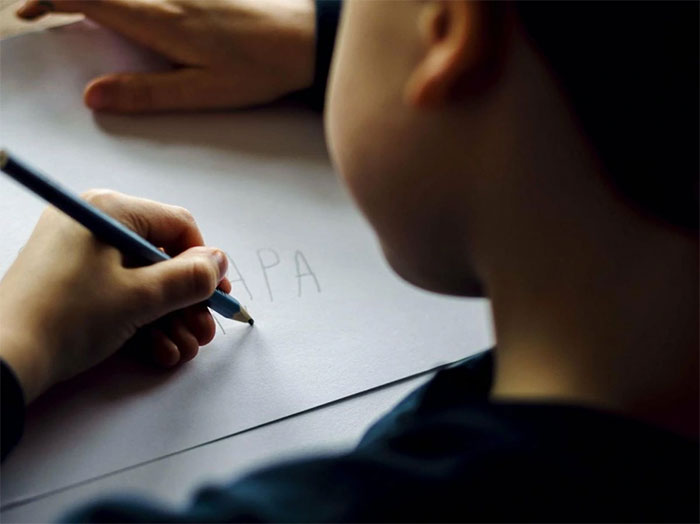Why are some people left-handed?
10% of the population prefers to write with their left hand, proving that the ramifications of the human brain are still a mystery .
Newly published research has lifted the veil on the combination of genetics and randomness that conceals this seemingly harmless trait.
Right-handed or left-handed, determined from the first weeks of pregnancy . Some rare genes are found almost three times more often in left-handed people, giving us insight into the mechanism behind this branching.
Only 10% of the population writes with their left hand. Director Clyde Francks, Max Planck Institute (Netherlands) explains : "We know that the two hemispheres of the brain have begun to develop differently in human embryos, but the mechanism behind it is still unknown. It is possible Right-handedness is the default result of early brain development encoded by the genome. But what is happening to left-handed people despite these tendencies?

Only 10% of the world's population is left-handed. (Illustration photo: Science et Avenir).
What creates the probability of being born left-handed?
The answer may lie partly in the tools cells can use to sort and route proteins.
In particular, certain DNA sequences that regulate protein filaments called microtubules , a type of moving "scaffold ," have been identified as among the most common genetic variations in left-handed people.
"These types of genetic variations often have small effects on human characteristics, such as affecting the activity of a certain gene in a certain tissue," said Clyde Francks .
For this reason, in the new study, scientists focused on genetic variations that directly affect the sequences of proteins - not the sequences that regulate them.
Although rarer, these types of genetic variations can have a much larger impact on human characteristics - in the small number of people who carry them, the scientist added.
By examining the genomes of nearly 350,000 people from the UK Biobank database, researchers identified a mutation that, although rare, is 2.7 times more common in dominant people. left hand.
This mutation affects the TUBB4B gene , which codes for microtubules. "So this is a nice convergence of evidence - supporting the important role of microtubules in branching in humans," commented Clyde Francks.
Rare genetic variants in a small number of people may highlight genes that provide clues about the mechanisms by which brain asymmetry develops in everyone."
Is handedness random?
The researchers point out that there is a large element of randomness in the human branching process.
"We believe that in most cases, left-handed preference is simply due to random variations in embryonic brain development, with no specific genetic or environmental influences.
For example, random fluctuations in the concentrations of certain molecules during critical stages of brain formation ," explains Clyde.
So, instead of directly determining who's handed which hand, DNA creates a "strong bias" toward one side or the other, most naturally favoring the right hand.
For example, microtubules found in cilia - a type of tiny tentacle on the cell surface - may be the source of asymmetric movements and fluid flow, contributing to the left-right axis in embryo.
Rare variants of the TUBB4B gene are thought to disrupt this process in a way that favors the right less than the left, so people in this situation are more likely to be left-handed.
Given this element of randomness, genetically identical twins could also have the same dominant hand, the researcher reasoned.
- Secrets of left-handed people
- The fun of left-handed people
- Left-handed and 12 truths
- The advantages of left-handed people that you don't recognize
- Disadvantage of left-handed people
- Left-handed people have more disadvantages in their work
- Left-handed and longevity
- Why are most people right-handed and only 10% left-handed?
- New research on the difference of right-handed and right-handed people
- Scientific proof: left-handed people are better at math
- Video: Determinants of left-handed probability in children
- Quiz to know whether you are left-handed or right-handed
 'Fine laughs' - Scary and painful torture in ancient times
'Fine laughs' - Scary and painful torture in ancient times The sequence of numbers 142857 of the Egyptian pyramids is known as the strangest number in the world - Why?
The sequence of numbers 142857 of the Egyptian pyramids is known as the strangest number in the world - Why? History of the iron
History of the iron What is alum?
What is alum?